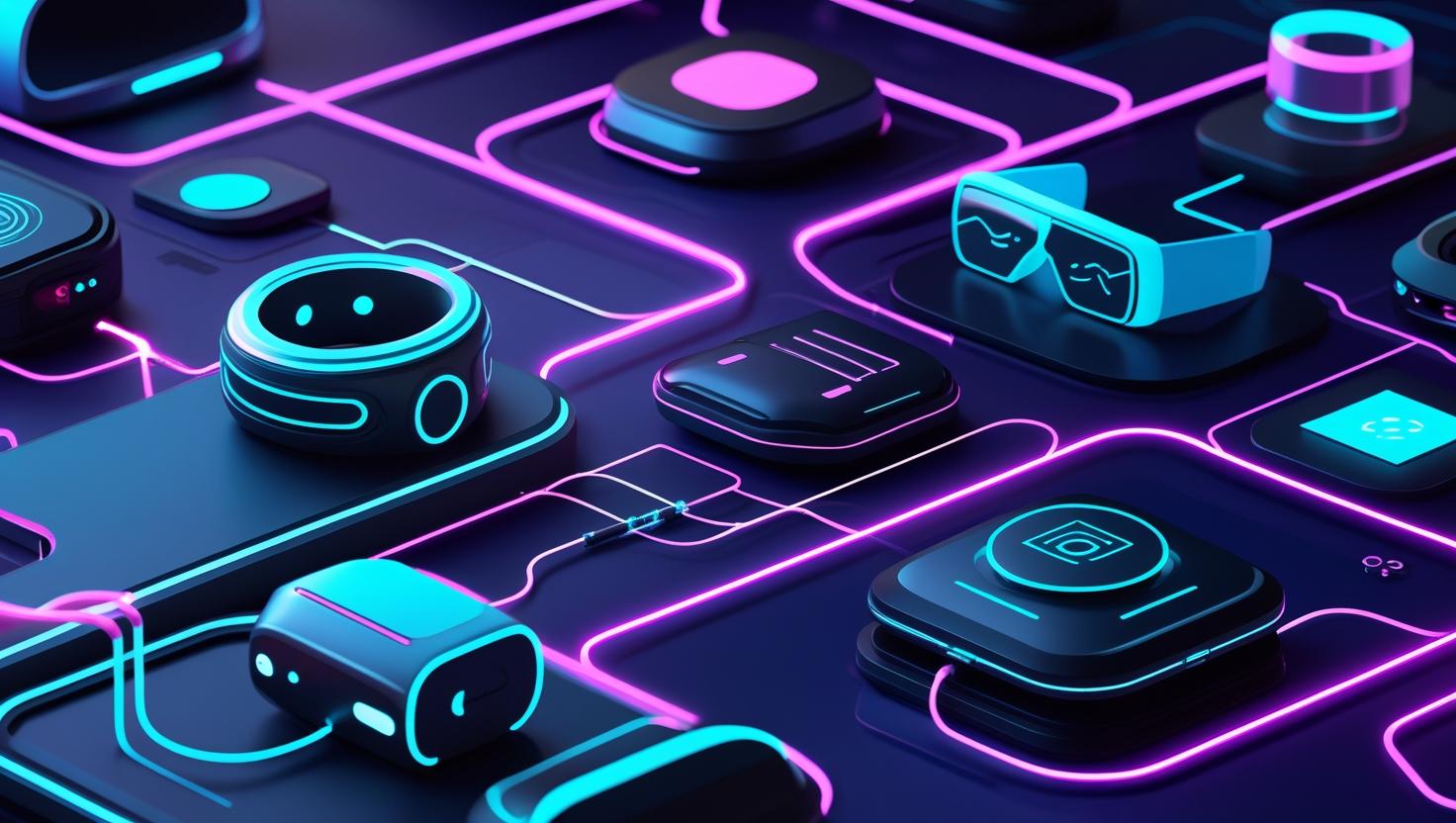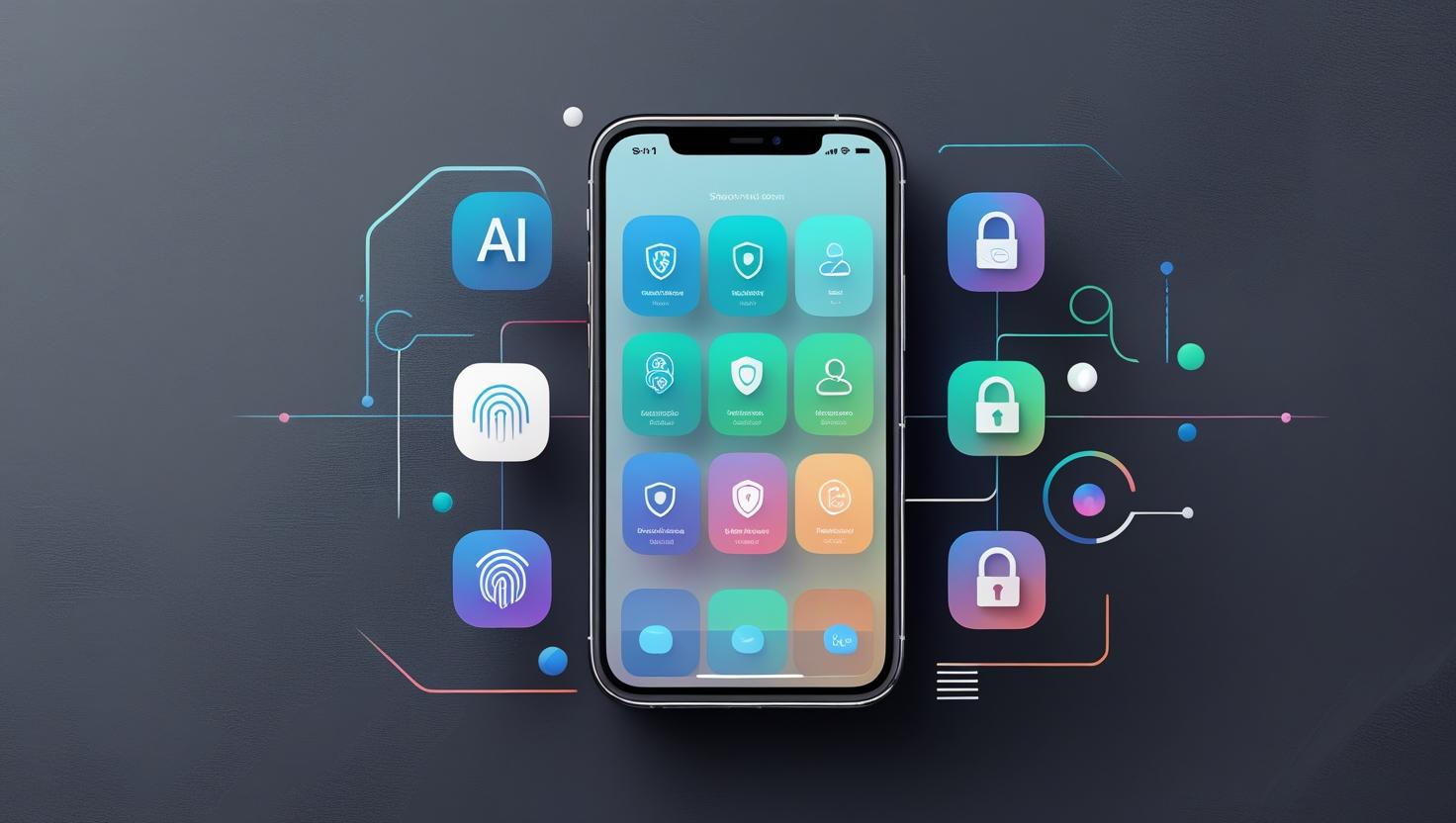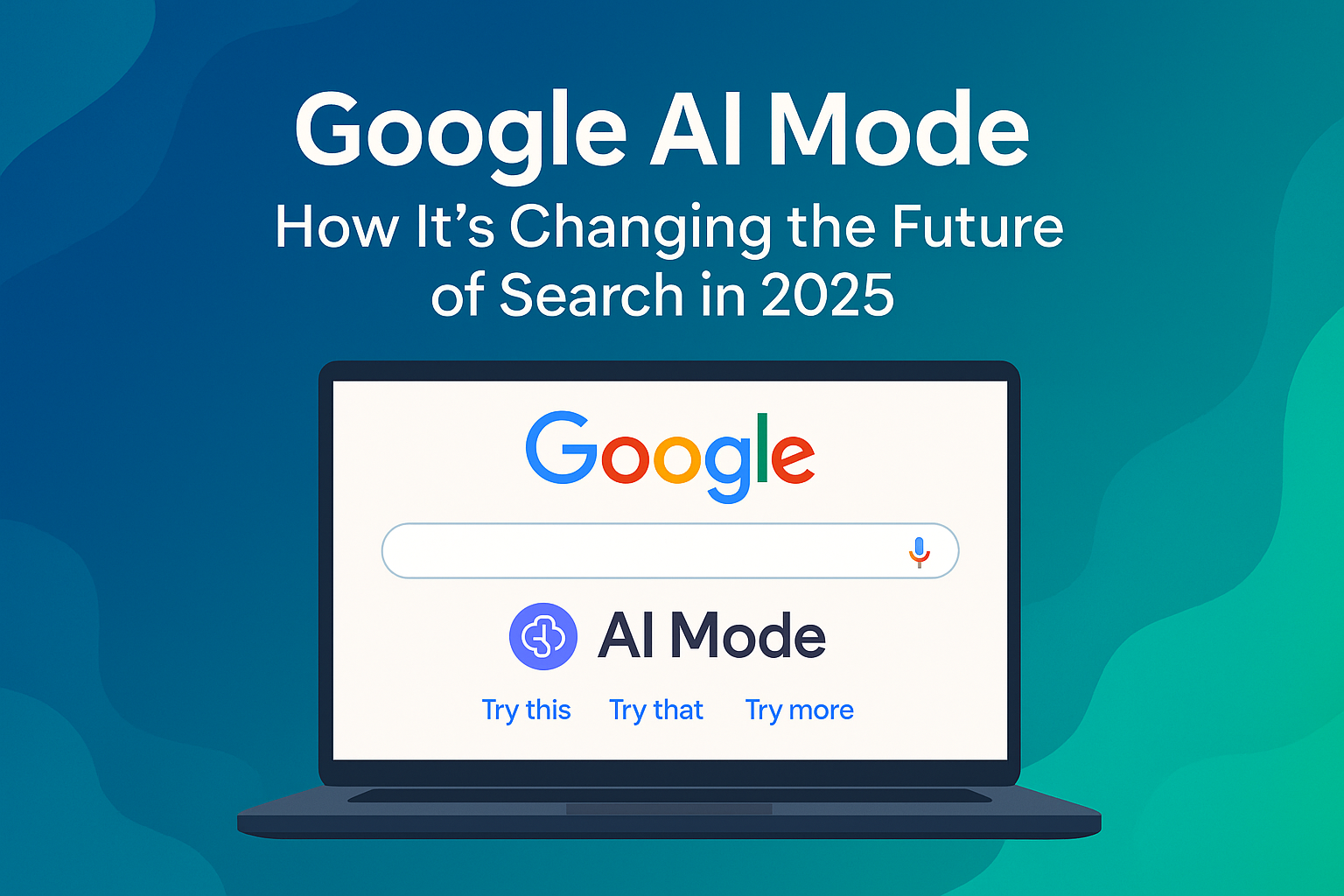Artificial Intelligence (AI) continues to reshape industries, transform businesses, and create new opportunities for innovation. As AI technologies evolve rapidly, many people ask: Is AI a good career? And with tech giants like Google pioneering AI breakthroughs, understanding Google’s AI tools and platforms is equally important for career aspirants.
In this comprehensive guide, we’ll explore why AI is considered one of the most promising career paths in 2025 and introduce you to Google’s leading AI technologies. We’ll also discuss skills you need, job prospects, and how to get started in this exciting field.
Why Is AI a Good Career Choice in 2025?
The AI field is booming with opportunities thanks to advancements in machine learning, natural language processing, computer vision, and automation. Here are key reasons why AI is a great career today:
1. High Demand Across Industries
AI experts are needed in healthcare, finance, automotive, retail, cybersecurity, and many more sectors. Organizations rely on AI to improve decision-making, automate tasks, and deliver personalized experiences.
2. Competitive Salaries
Because AI roles require specialized skills, salaries are above average. According to industry reports, AI engineers, data scientists, and ML specialists command lucrative compensation packages worldwide.
3. Continuous Innovation
AI is one of the fastest-evolving fields, offering lifelong learning opportunities and exciting challenges for those passionate about technology.
4. Positive Impact
AI can help solve real-world problems—from improving medical diagnoses to reducing energy consumption—giving professionals a sense of purpose.
5. Remote and Flexible Work
Many AI roles allow for remote or hybrid work, offering flexibility and work-life balance.
Popular AI Career Paths
Some of the key roles in the AI ecosystem include:
- Machine Learning Engineer – Builds models that learn from data to make predictions or decisions.
- Data Scientist – Analyzes complex data sets to extract actionable insights.
- AI Research Scientist – Develops new AI algorithms and theories.
- Natural Language Processing (NLP) Engineer – Works on speech recognition, language translation, and chatbots.
- Computer Vision Engineer – Develops systems to interpret images and videos.
- AI Product Manager – Oversees AI project development and aligns AI solutions with business goals.
What Skills Do You Need for an AI Career?
To thrive in AI, focus on building a solid foundation in:
- Programming Languages: Python, R, Java, C++
- Mathematics & Statistics: Linear algebra, calculus, probability, statistics
- Machine Learning Frameworks: TensorFlow, PyTorch, Keras
- Data Manipulation Tools: SQL, Pandas, NumPy
- Cloud Platforms: AWS SageMaker, Google Cloud AI, Azure AI
- Soft Skills: Critical thinking, problem-solving, communication
How to Get Started in AI?
Here are steps to launch your AI career:
- Learn the Basics: Start with online courses in AI, machine learning, and data science on platforms like Coursera, Udacity, and edX.
- Practice Coding: Build projects using Python and ML libraries.
- Build a Portfolio: Showcase your projects on GitHub or personal websites.
- Participate in Competitions: Join Kaggle or AI hackathons to sharpen your skills.
- Stay Updated: Follow AI research papers, blogs, and conferences.
- Apply for Internships and Jobs: Target AI roles and companies focusing on innovation.
What Is Google’s AI Called?
Google has been a pioneering force in artificial intelligence for years, creating several powerful AI platforms, frameworks, and tools. The umbrella term for Google’s AI initiatives can be considered “Google AI”, but there are specific projects and technologies worth knowing:
1. TensorFlow
TensorFlow is Google’s open-source machine learning framework used worldwide for building AI models, from research prototypes to production-level applications. It supports deep learning and neural networks and powers many Google products.
2. Google Cloud AI Platform
This platform offers scalable machine learning services on Google Cloud, including tools for training, deploying, and managing ML models.
3. BERT (Bidirectional Encoder Representations from Transformers)
BERT is a breakthrough natural language processing model developed by Google that significantly improved understanding of human language in search queries and other applications.
4. LaMDA (Language Model for Dialogue Applications)
LaMDA is Google’s conversational AI model designed for natural and open-ended dialogue, powering more advanced chatbots and virtual assistants.
5. PaLM (Pathways Language Model)
PaLM is a large-scale language model by Google with advanced reasoning and multilingual capabilities, used to power next-generation AI applications.
6. Google Assistant
A consumer-facing AI-powered virtual assistant that uses Google’s AI technologies to provide voice-activated help and smart device control.
How Google’s AI Impacts Careers
Google’s AI ecosystem creates numerous opportunities for AI professionals through:
- Developing and improving AI tools and models
- Working on Google Cloud AI services
- Building AI-powered consumer products
- Contributing to open-source AI projects like TensorFlow
Future Outlook for AI Careers
The AI field will continue to expand with emerging areas like generative AI, ethical AI, AI governance, and edge AI devices. The demand for skilled professionals is expected to grow exponentially, making AI a career with longevity and innovation.
In summary, AI offers exciting career prospects for those ready to learn, adapt, and innovate. Google’s AI initiatives set the bar high and provide a rich ecosystem to explore.
Final Thoughts
Is AI a good career? Absolutely. With strong growth potential, attractive salaries, and the opportunity to shape the future, AI stands as one of the most compelling fields today.
Understanding Google’s AI technologies like TensorFlow, BERT, and LaMDA gives you insight into cutting-edge tools that drive the industry forward. Whether you’re a developer, researcher, or business leader, AI skills open doors to exciting opportunities.
Start learning AI today and join the revolution shaping tomorrow’s world.





